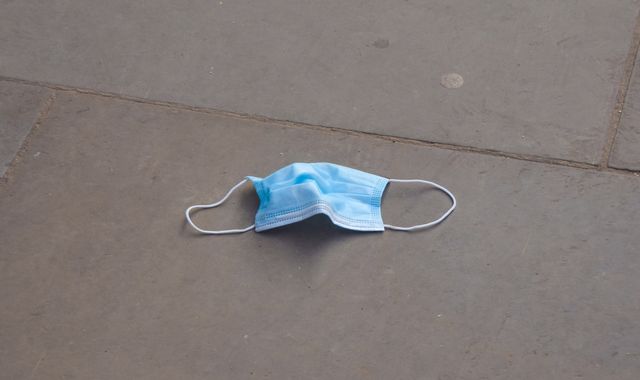‘Promising’ breast cancer relapse detection breakthrough
Written by News on 04/08/2017
Scientists have discovered a way to potentially identify women at risk of relapsing breast cancer.

Patients with high numbers of immune cell "hotspots" around tumours were 25% more likely to see the cancer return within a decade, a study suggests.
The likelihood of tumours flaring up again within five years was 23% higher in women with the hotspots.
Those whose immune cells were evenly dispersed stood a better chance of fending off cancer for good.
Dr Yinyin Yuan, from The Institute of Cancer Research in London, said her team had developed a new, automated computer tool that spatially measures tumours.
While larger studies are needed before the technology can be rolled out in clinics, Dr Yuan said: "In future such a test could pick out patients at the highest risk of their cancer returning."
The findings appear in the Journal of the National Cancer Institute.
Katherine Woods, from the charity Breast Cancer Now, which co-funded the study, said the "exciting" tool would be "very promising" at detecting women with a high chance of breast cancer relapse".
She added: "Automatically analysing the distribution of immune cells in a tumour is a big achievement, and if this approach is validated it could help doctors guide chemotherapy treatment."
Tissue samples from 1,178 women with the most common form of breast cancer were used in the experiment.
(c) Sky News 2017: ‘Promising’ breast cancer relapse detection breakthrough





